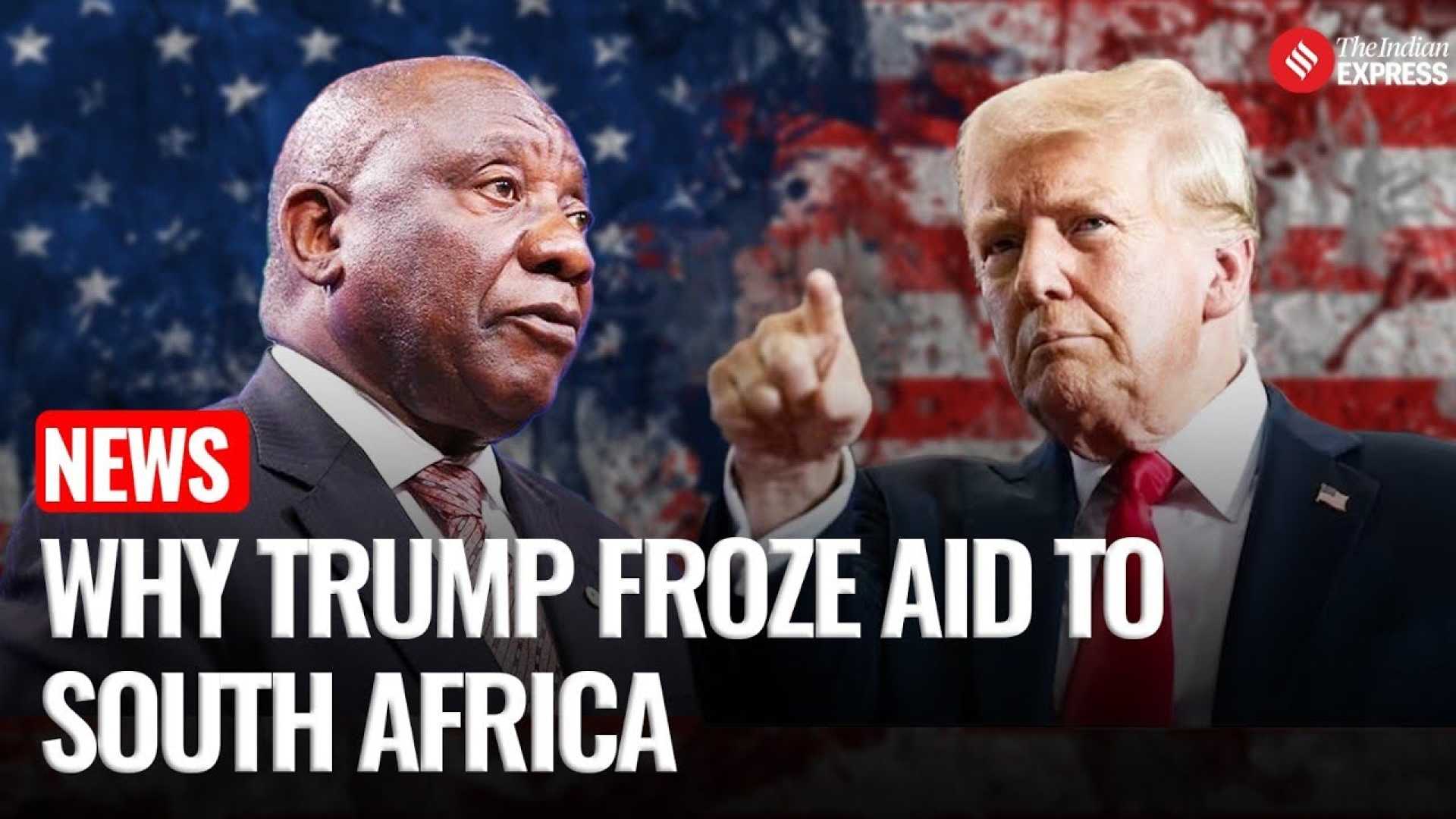World
U.S. Freezes Aid to South Africa Amid Racial Discrimination Claims

WASHINGTON, D.C. — The White House has ordered an immediate freeze on nearly all U.S. foreign aid to South Africa following President Trump‘s controversial executive order, which claims that white South Africans are facing unjust discrimination. This action, officially detailed in a State Department cable obtained by The Guardian, enacts Executive Order 14204 issued on Thursday.
The directive mandates that all State Department entities suspend aid disbursements immediately, with few exceptions. The order targets what the administration describes as “unjust racial discrimination against white Afrikaners,” a group previously in control of the country’s political and economic landscape until the end of apartheid in 1994.
Secretary of State Marco Rubio, who signed the cable, stated that all obligations and distributions of aid or assistance must cease unless a compelling case is made for continuation. “To effectively implement EO 14204, all bureaus, offices and missions shall pause all obligations and/or dispersion of aid or assistance to South Africa,” he emphasized in the cable.
The decision follows a broader reassessment of U.S. foreign aid strategies that began earlier in February, leading to a temporary pause on certain assistance programs pending review. Notably, only the President’s Emergency Plan for AIDS Relief (PEPFAR) will continue unaffected without further scrutiny.
Influential figures, such as South African-born billionaire Elon Musk, have criticized the country’s current policies towards minority groups, adding weight to the administration’s stance. Musk has openly denounced what he terms “openly racist policies” in his homeland, further complicating diplomatic relations and igniting discussions surrounding race and land ownership in South Africa.
In light of these developments, the State Department has delegated Pete Marocco, a loyal Trump ally, to assess individual aid programs and determine their future. According to the cable, very few will meet the stringent criteria required for ongoing funding.
This freeze was prompted by claims from President Trump regarding the South African government’s land reform policy, which includes provisions allowing for the government to acquire private property without compensation under certain circumstances. Critics claim this targets white landowners, an assertion rejected by South African officials who argue the policy aims to address historical injustices.
South African President Cyril Ramaphosa has decried Trump’s accusations, asserting that the land expropriation act is being grossly misrepresented. He argues that the legislation includes safeguards to ensure that any expropriation follows judicial review and fair compensation standards.
Amid rising tensions, Ramaphosa’s administration is reportedly preparing a new trade proposal for the Trump administration, striving to strike a mutually beneficial partnership as the African Growth and Opportunity Act (AGOA) faces renewed scrutiny.
As the situation develops, numerous South African government officials, including members of the opposition parties, are urging the U.S. to reconsider its aid halt. The Democratic Alliance, South Africa’s second-largest political party, has called for continued dialogue, underscoring the importance of bilateral relations for addressing common challenges.
While Trump’s administration insists that this decision prioritizes American interests and seeks to promote democratic values, critics argue that it undermines essential health initiatives critical for millions within the African nation. The implications of this move — affecting health care access, economic development, and U.S.-South African relations — will continue to unfold as both countries adjust to the changing political landscape.












